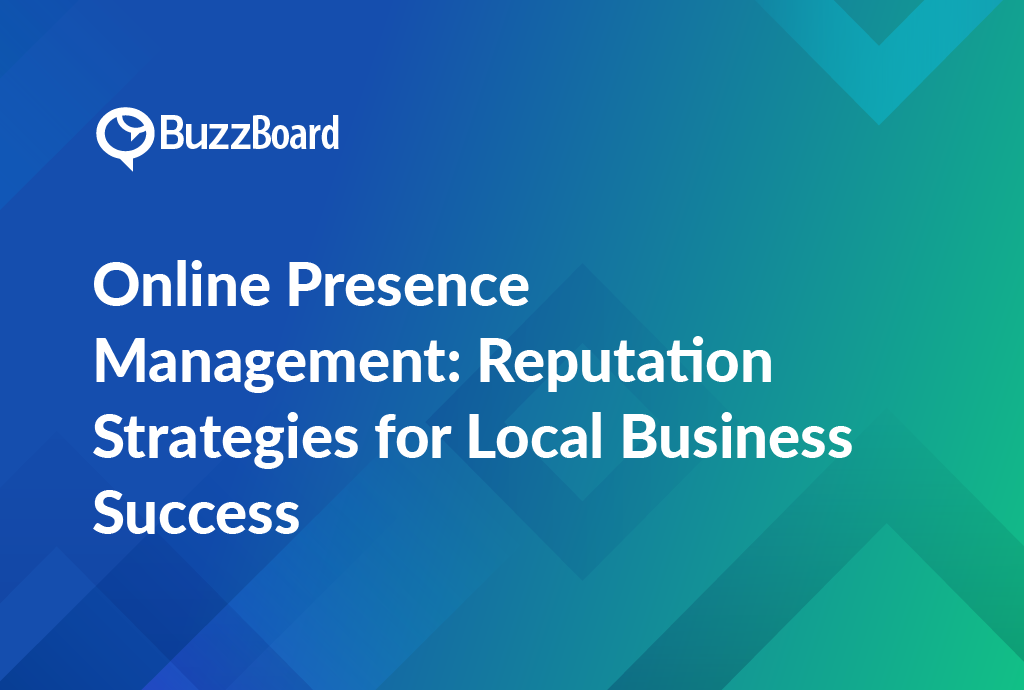The Impact of Negative Customer Reviews on Small Business
As sales professionals in digital marketing agencies, comprehending the adverse impact of negative customer reviews on small businesses is crucial. Particularly on prominent review platforms like Yelp and Google My Business, a negative review can severely tarnish a business’s reputation, leading to direct adverse effects on its revenue.
Research indicates that a single negative review can repel approximately 22% of customers, causing substantial losses to a small business. This statistic emphasizes the significance of managing customer reviews, especially for small enterprises that heavily depend on local and repeat customers for their income.
Negative reviews can have enduring implications beyond immediate customer loss. The influence on SEO should not be underrated either. Google’s algorithms take note of user-generated content like customer reviews. Consistently receiving negative reviews can impact your client’s Google rankings negatively, leading to a decrease in their visibility to potential customers. This can pose a considerable challenge for businesses operating in intensely competitive industries.
Managing reviews on Yelp, Google My Business, and other platforms can form an effective part of a damage control strategy. Responding precisely and promptly to the negative reviews, and addressing the concerns raised, can transform a negative into a positive and possibly win back the customer.
Remember, every business is bound to face negative reviews. However, the way your clients manage these can significantly impact their reputation and profits. As a digital marketing agency, you can be instrumental in helping them convert these negatives into growth opportunities.
Using Platforms Like Yelp and Google My Business to Manage Negative Reviews
In the digital marketing world, it’s important to understand the significant role that customer reviews hold in shaping the online reputation of small businesses. Platforms like Yelp and Google My Business can both help and hinder small businesses, especially when negative reviews surface.
Negative reviews on Yelp and Google My Business can cause significant challenges for small business owners by damaging their online reputation and influencing the decisions of potential customers. However, these platforms should not be perceived as the enemy. Rather, they’re tools that can be effectively leveraged to manage negative feedback, engage with customers, and turn potential problems into opportunities.
One proactive strategy that businesses can implement is actively responding to negative reviews. This engagement shows your audience that you value their feedback and are working to improve. A considered and genuine response can turn a negative review into a positive influence on your business’s online reputation.
As a digital marketing agency, your goal may be to guide small businesses to consistently monitor their reviews on platforms like Yelp and Google My Business. Motivating them to think highly of negative feedback aids in enhancing their products or services while creating a positive customer relationship management strategy.
It’s also crucial not to underestimate the significance of positive reviews. Encouraging satisfied customers to share their pleasurable experiences can counteract any negative feedback. In the end, managing customer reviews, both positive or negative, is all about leveraging and promoting communication for your small business clients.
Keep in mind, every review represents an opportunity to engage, improve, and strengthen your online presence. Let’s turn those negatives into positives.
Proven Techniques to Help Small Business Tackle Negative Feedback
Small businesses frequently struggle with negative reviews and feedback, which can potentially damage their online reputation. However, there are proven techniques that can often flip a negative into a positive and bolster the brand’s image.
Yelp and Google My Business are two essential platforms for addressing negative feedback. A strong presence on these platforms empowers small businesses to respond swiftly to customer reviews, both positive and negative.
In fact, Google My Business is often the first stop for potential customers seeking information. This powerful tool allows small businesses to respond to reviews, rectify inaccuracies, and demonstrate their customer service capabilities. According to BrightLocal, businesses that react to their Google reviews are 1.7 times more likely to earn consumer trust than those who don’t.
With more than 178 million unique users every month, Yelp provides businesses the chance to respond to customer reviews either publicly or privately. This aids in addressing any negative experiences.
Critics shouldn’t be viewed as adversaries; they provide opportunities for improvement. As a digital marketing agency, it’s vital to ensure your clients consider all feedback as a pivotal factor in their business’s development. Urge them to react to all reviews, especially negative ones, promptly, personally, and professionally.
In essence, a proactive approach to receiving and responding to negative reviews can significantly influence how your business is perceived, transforming negative feedback into a chance for growth and customer satisfaction.
Understanding the Role of Customer Service in Dealing with Negative Reviews
As sales professionals in digital marketing agencies, effectively managing negative reviews is essential for protecting your reputation and promoting your small business services. Platforms like Yelp and Google My Business make customer reviews, both positive and negative, highly visible. A single negative review can significantly impact your client’s brand and customer loyalty.
However, if handled proficiently through adept customer service, these reviews can mutate into an opportunity for improvement and growth a chance to highlight your small business’s dedication to customer satisfaction. This process involves promptly addressing issues, proactively demystifying misunderstandings, and delivering effective solutions. Sometimes, the people reading these responses may become prospective customers as they observe your appreciation for customer feedback.
Negative reviews can indeed seem intimidating, particularly for small businesses. However, always remember that it’s not just about the negative reviews it’s about how you manage them. Review management isn’t something to avoid, but a practice to cultivate and refine through intentional customer service.
Remember, the cornerstone of a vibrant digital reputation is not avoiding negative reviews but morphing them into customer service triumphs.
Case Studies of Successful Management of Negative Reviews for a Small Business
Understanding and effectively handling negative reviews is vital in maintaining an unblemished reputation for small businesses. By paying close attention to platforms like Yelp and Google My Business, where customer reviews are concentrated, negative criticism can be transformed into opportunities for productive engagement.
Take the case of a local restaurant that received an undesirable Yelp review. The owner adopted a constructive approach and engaged with the unsatisfied customer. They expressed regret for the disappointing experience and offered a discount for the customer’s next visit. This event was managed as an opportunity to exhibit exemplary customer service. The owner’s responsive and considerate approach was subsequently praised in other customer reviews, improving the overall business rating on Yelp.
Another example involves a retail shop that received a negative review on Google My Business. The shop owner quickly addressed the customer’s grievance, pinpointed the employee involved via the detailed customer description, and used the review as a training experience for their team. They followed up with the customer and offered to make amends for the unpleasant interaction. This action not only rectified the problem but also turned the negative review into a display of the store’s dedication to customer satisfaction.
In both cases, these small businesses used negative reviews to not only resolve problems but also to demonstrate their dedication to first-rate service. This exhibition of business transparency often improves credibility and enhances customer trust. Digital marketing agencies, in their services for small and local businesses, can use these cases as guideposts to devise an effective online reputation management strategy.
Revision is the pathway to excellence. It involves monitoring your digital footprint, responding swiftly, taking responsibility, respectfully engaging with feedback, and making necessary improvements based on legitimate criticism.







